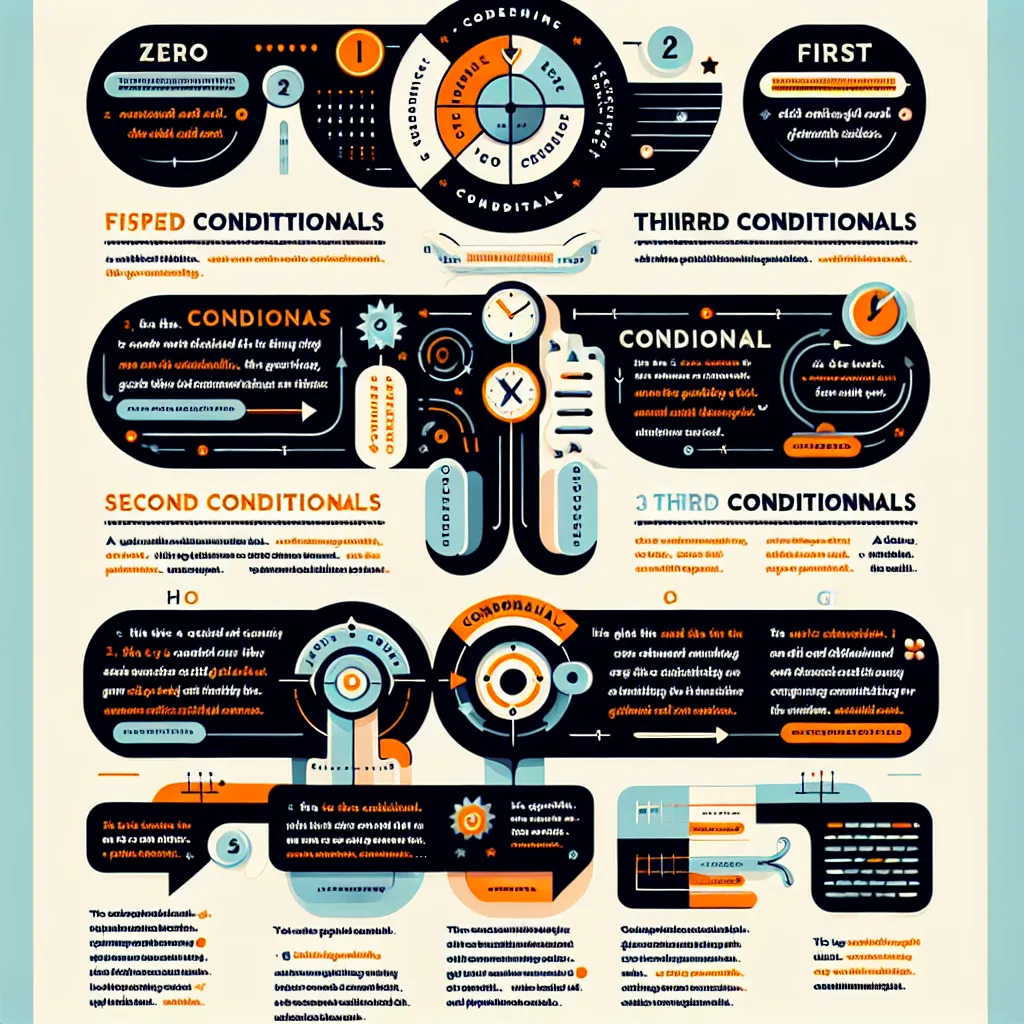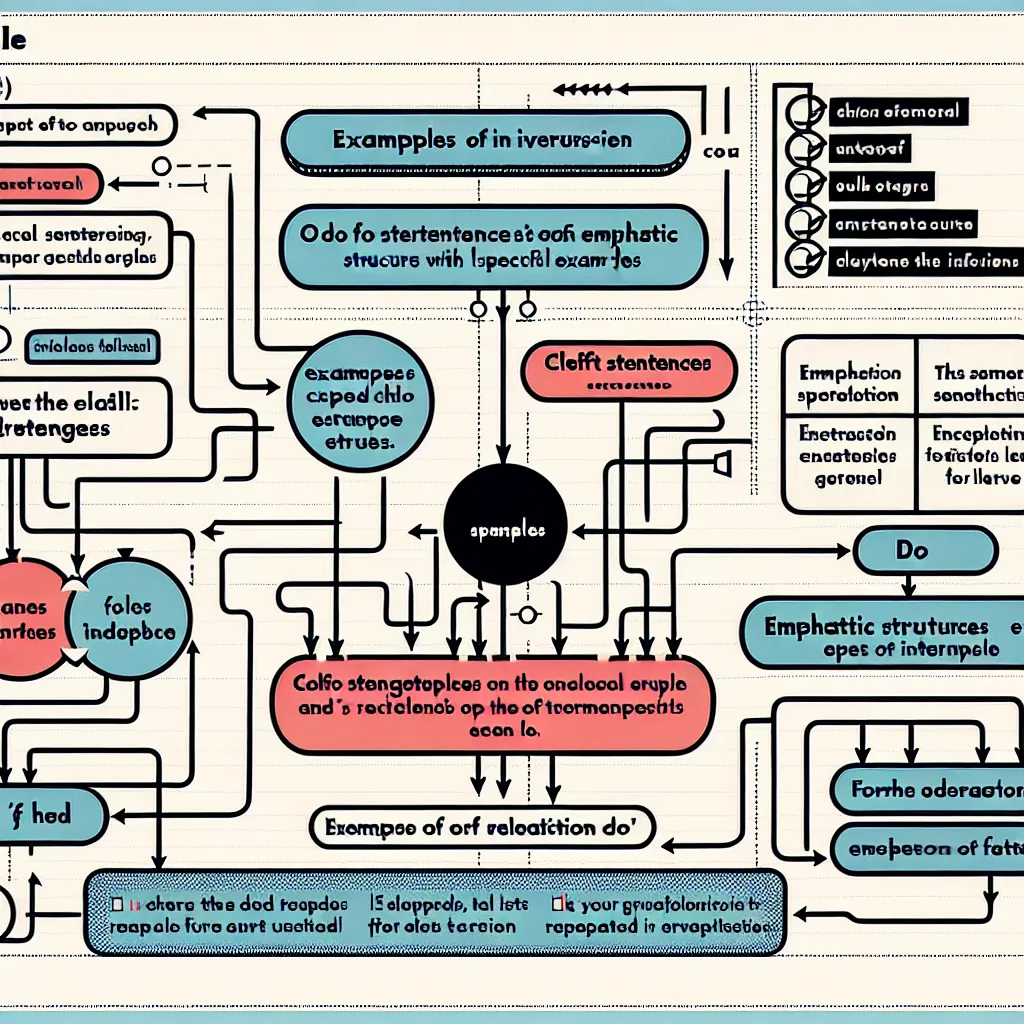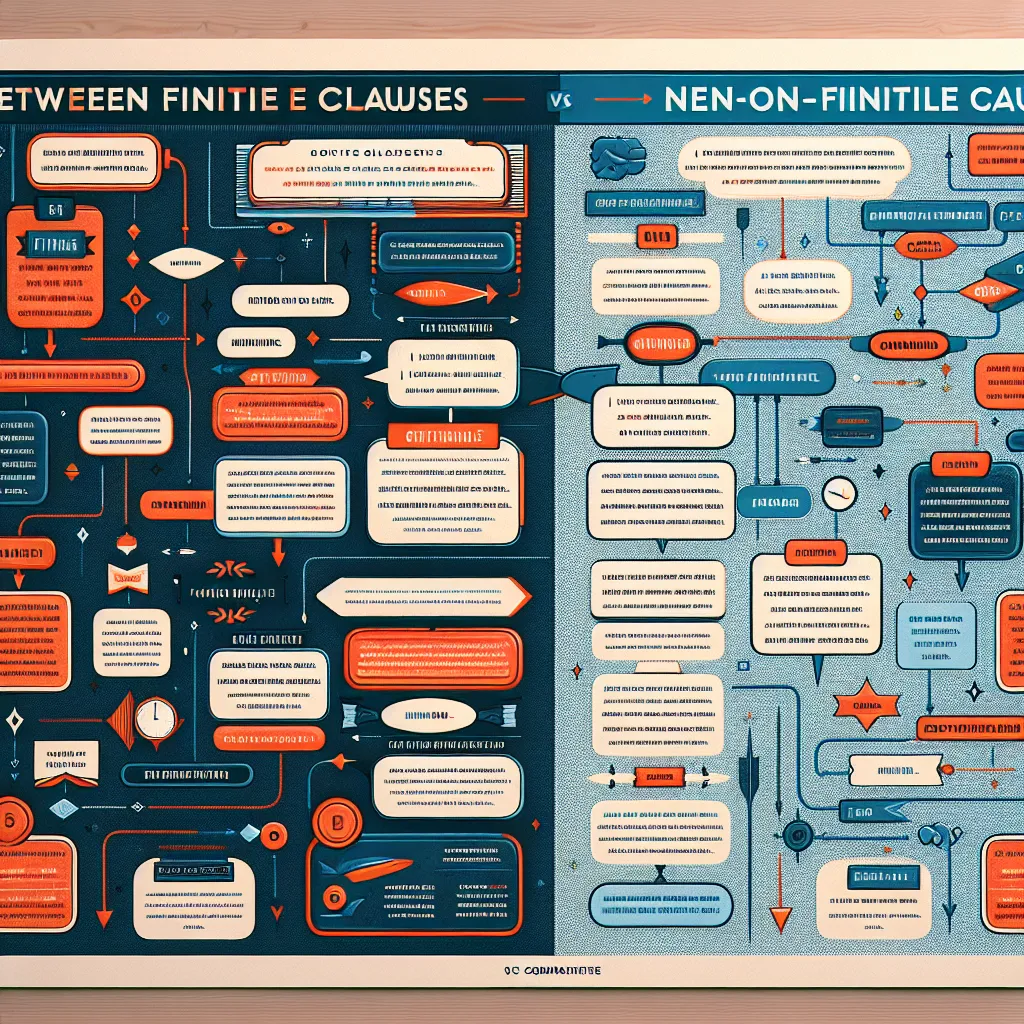Mastering the use of conditionals is crucial for crafting compelling and sophisticated essays in English. Whether you’re preparing for the IELTS exam or aiming to enhance your academic writing skills, understanding how to employ conditionals effectively can significantly elevate the quality of your work. In this comprehensive guide, we’ll explore strategies and techniques for Perfecting The Use Of Conditionals In Essays, providing you with the tools you need to express complex ideas with clarity and precision.
Understanding the Importance of Conditionals in Essay Writing
Conditionals are essential grammatical structures that allow writers to express hypothetical situations, cause-and-effect relationships, and logical reasoning. In the context of essay writing, particularly for exams like IELTS, conditionals play a vital role in demonstrating your ability to articulate complex thoughts and scenarios.
Types of Conditionals and Their Applications
Before delving into advanced techniques, let’s briefly review the four main types of conditionals:
- Zero Conditional: Used for general truths or scientific facts.
- First Conditional: Expresses real possibilities in the present or future.
- Second Conditional: Describes unlikely or hypothetical situations in the present or future.
- Third Conditional: Refers to impossible situations in the past.
Understanding these types is crucial for their appropriate application in your essays.
 Types of Conditionals
Types of Conditionals
Strategies for Incorporating Conditionals in Essays
1. Develop Complex Arguments
Use conditionals to construct nuanced arguments and explore different scenarios. For example:
“If the government were to implement stricter environmental regulations, businesses might initially struggle to adapt. However, in the long run, this could lead to more sustainable practices and innovation in green technologies.”
This example uses the second conditional to explore a hypothetical situation and its potential consequences.
2. Enhance Coherence and Flow
Employ conditionals to create smooth transitions between ideas. For instance:
“While renewable energy sources are becoming more prevalent, fossil fuels still dominate the global energy market. If this trend continues, we may face severe environmental consequences in the coming decades.”
Here, the first conditional helps to connect the current situation with potential future outcomes.
3. Express Cause and Effect
Utilize conditionals to clearly illustrate cause-and-effect relationships:
“Had the industrial revolution occurred a century earlier, the global climate crisis we face today might have been even more severe.”
This third conditional example effectively demonstrates how past events could have influenced present circumstances.
4. Showcase Critical Thinking
Employ conditionals to demonstrate your ability to analyze complex situations:
“If the current educational system were to focus more on practical skills rather than theoretical knowledge, students might be better prepared for the job market. However, this approach could potentially limit their ability to adapt to rapidly changing industries.”
This use of the second conditional showcases an ability to consider multiple perspectives and potential outcomes.
Advanced Techniques for Using Conditionals in Essays
1. Mixing Conditional Types
Don’t be afraid to combine different types of conditionals to express more complex ideas:
“If we had invested more in renewable energy technologies in the past (third conditional), we would be in a better position to combat climate change now (second conditional), and future generations might inherit a more sustainable world (first conditional).”
This sophisticated use of mixed conditionals demonstrates a high level of language proficiency and critical thinking.
2. Using Inverted Conditionals
Inverted conditionals can add variety and elegance to your writing:
“Were the government to implement these policies, the economic landscape would change dramatically.”
This inverted second conditional structure sounds more formal and sophisticated than the standard “If the government were to implement…”
3. Incorporating Modal Verbs
Combine conditionals with modal verbs to express degrees of certainty or possibility:
“If we continue to overexploit natural resources, we might face severe shortages in the future, which could potentially lead to global conflicts.”
The use of “might” and “could” in this first conditional sentence adds nuance to the prediction.
 Advanced Conditional Usage in Essays
Advanced Conditional Usage in Essays
Common Pitfalls to Avoid
-
Overuse of Conditionals: While conditionals are powerful tools, overusing them can make your writing feel repetitive or overly complex.
-
Mixing Up Tenses: Ensure that you’re using the correct tense structures for each type of conditional.
-
Neglecting Context: Always consider the context when choosing which type of conditional to use. The zero conditional, for instance, is more appropriate for scientific essays, while the second and third conditionals might be more suitable for speculative or argumentative pieces.
-
Forgetting Alternative Expressions: Remember that conditionals aren’t the only way to express hypothetical situations. Phrases like “suppose that,” “imagine if,” or “let’s say” can also be effective.
Practical Exercises to Improve Your Conditional Usage
-
Rewrite Sentences: Take simple statements and rewrite them using different types of conditionals. This exercise helps you understand how the meaning changes with each type.
-
Essay Planning: When outlining your essays, identify places where conditionals could enhance your arguments. Practice incorporating them into your plan.
-
Peer Review: Exchange essays with a study partner and focus specifically on evaluating each other’s use of conditionals. This can help you spot areas for improvement in both your own and others’ writing.
-
Conditional Chains: Practice creating “what if” scenarios by chaining multiple conditionals together. This exercise enhances your ability to think critically and express complex ideas.
Conclusion
Perfecting the use of conditionals in essays is a powerful way to elevate your writing and demonstrate sophisticated language skills. By understanding the various types of conditionals, employing advanced techniques, and avoiding common pitfalls, you can craft more nuanced, persuasive, and academically rigorous essays. Remember, practice is key to mastering these structures. Incorporate these strategies into your regular writing routine, and you’ll soon see a marked improvement in your ability to express complex ideas effectively.
For more insights on enhancing your essay writing skills, check out our guide on how to use the subjunctive mood and explore techniques for perfecting hypothetical conditionals. Keep practicing, and watch your writing transform!




